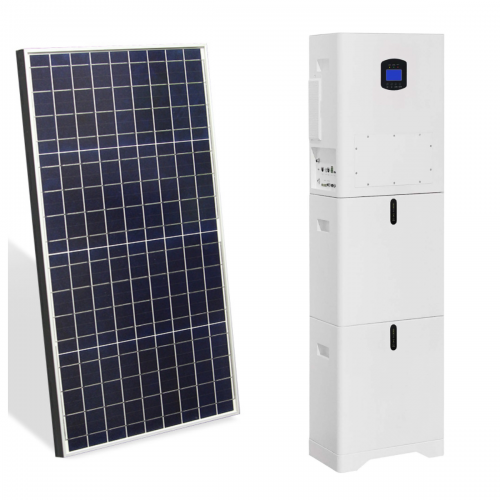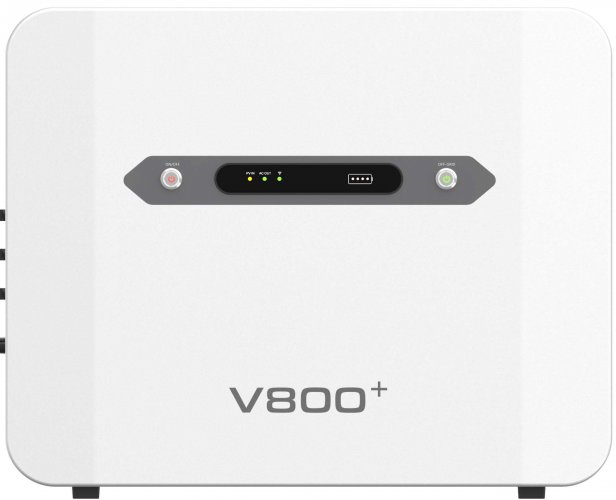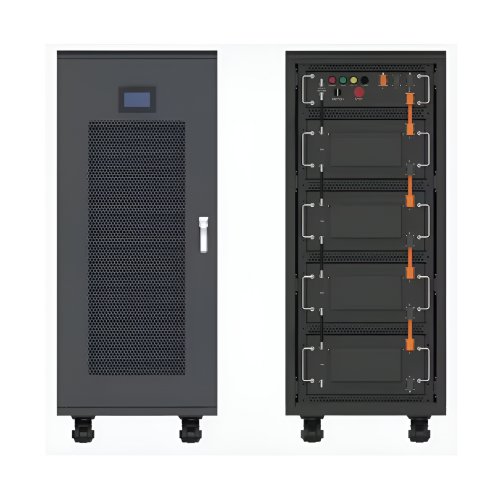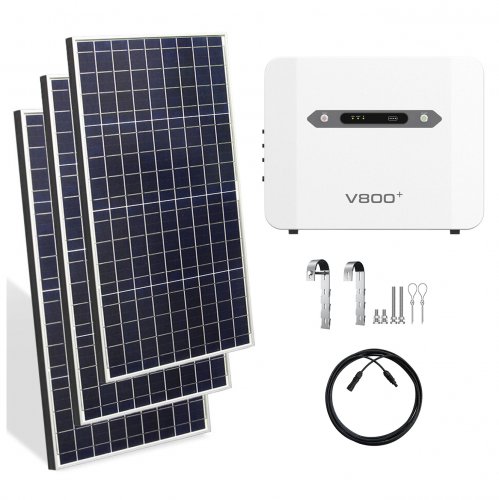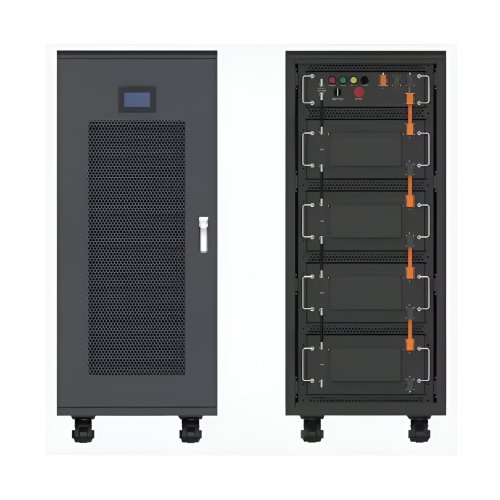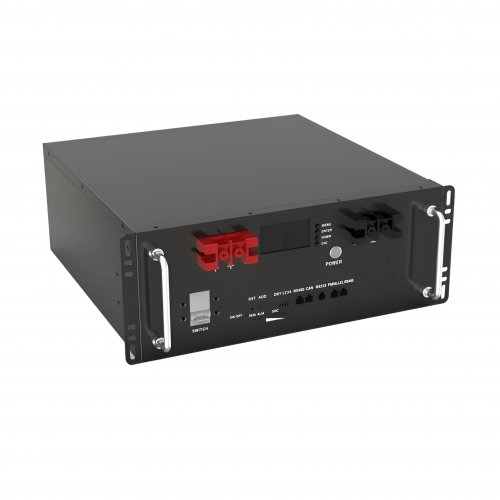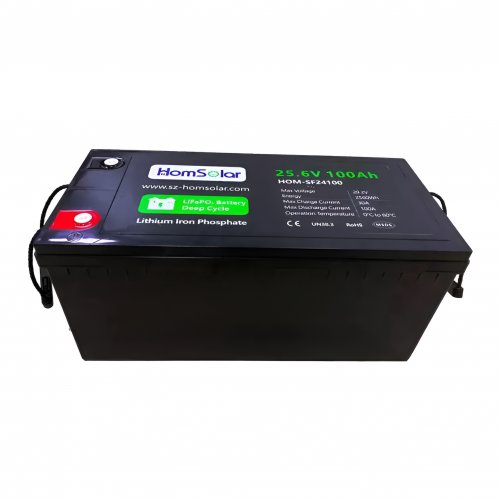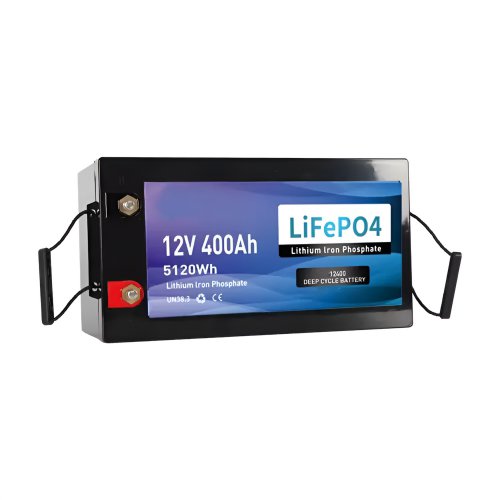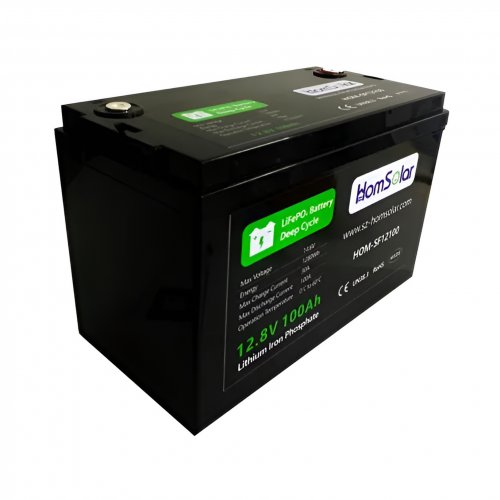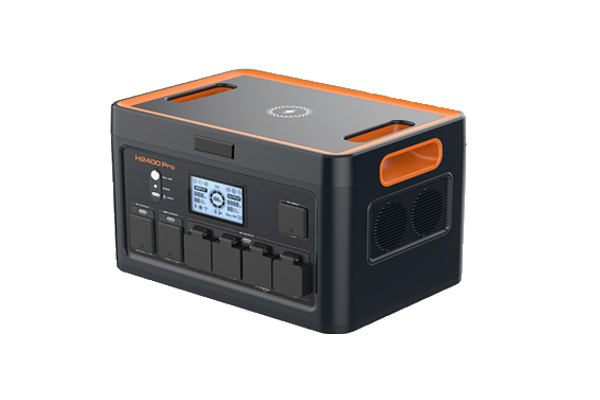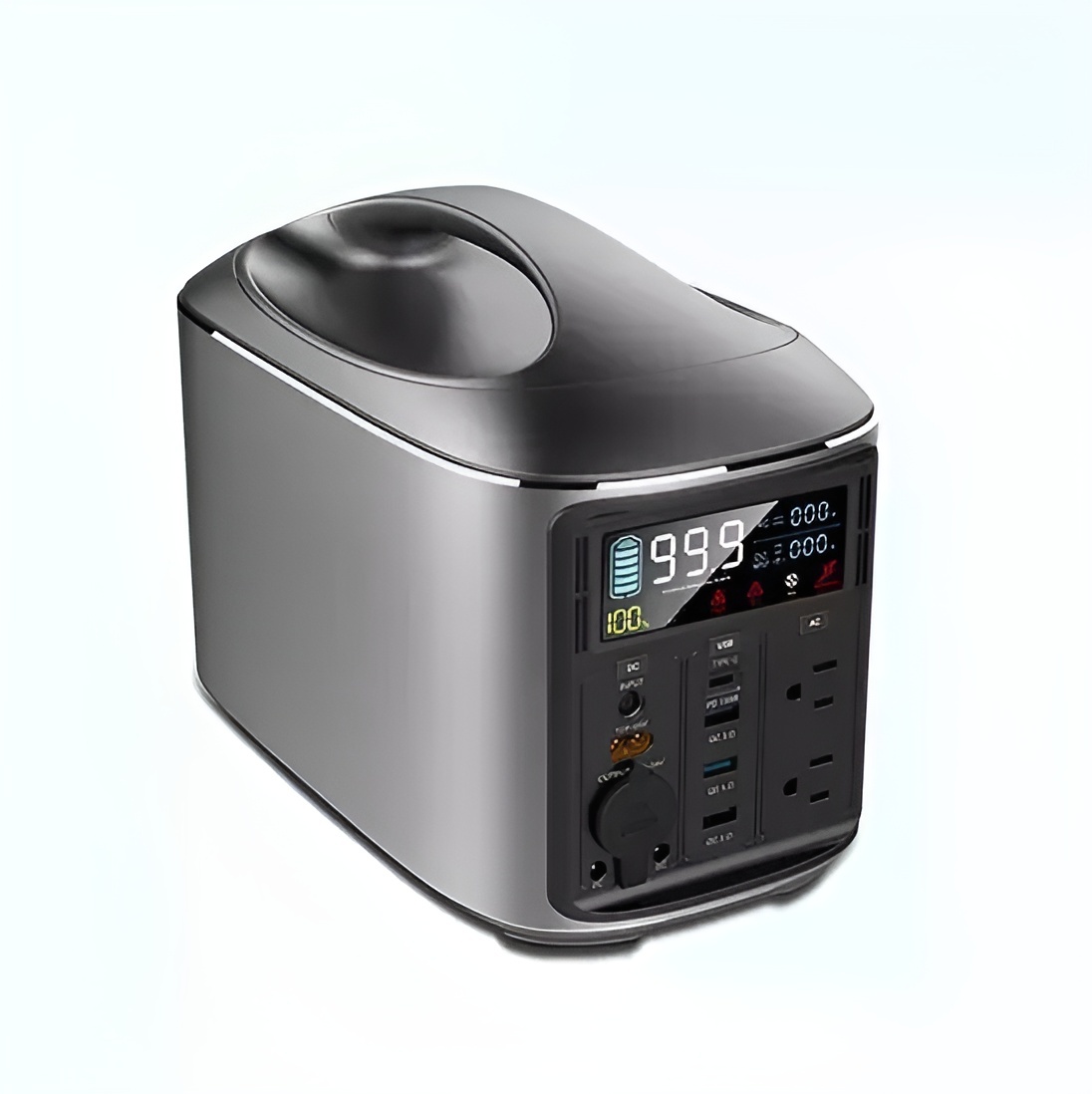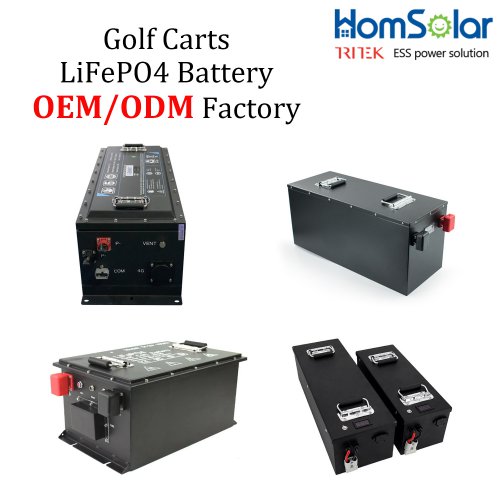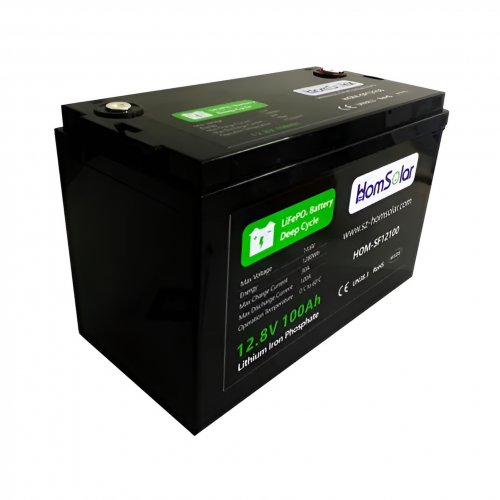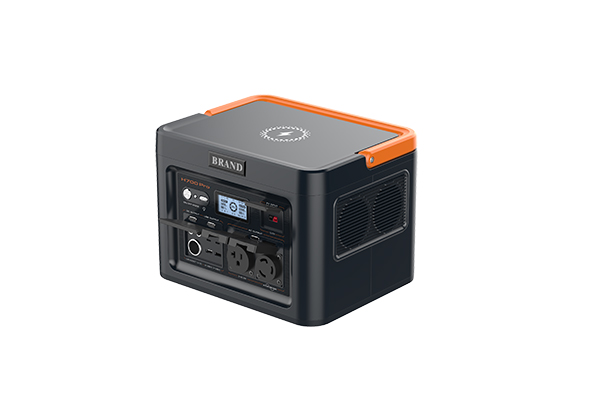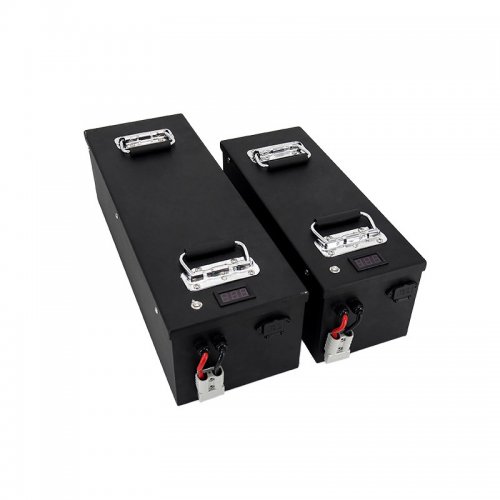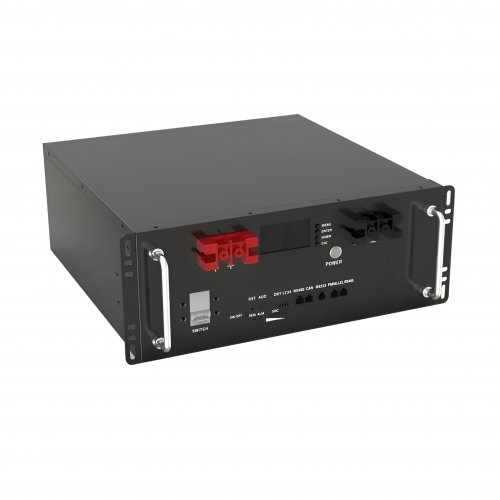Russian fertilisers: a delicate balance for the EU between strategic autonomy and food security
The European Commission's proposal to impose additional customs duties on Russian fertiliser imports is worrying the EU agricultural sector, as Russia accounts for 25% of imports.The EU's latest challenge in its dispute with Russia is trying to balance targetting Russian fertiliser imports while avoiding serious negative repercussions for European agriculture.
At the end of last week, EU member states adopted a European Commission proposal to impose additional customs duties on imports of agricultural products from Russia and Belarus.
The Commission argues that as things stand, member states would be in a vulnerable position if Moscow were to introduce coercive measures against them. In other words, European food security is at stake.
Farmers' warningBut the measure is worrying the EU's farming community. Copa-Cogeca, the organisation which represents the interests of the sector in Brussels, points out that the industry is heavily dependent on Russian fertilisers.
"Already today, we import from other third countries, but increased demand will generate more pressure in terms of logistics, and therefore higher costs. These cost increases will generate agricultural inflation, which will have repercussions in terms of lower incomes for agricultural producers and reduced competitiveness," insists Dominique Dejonckheere, energy policy adviser at Copa-Cogeca.
Russian fertilisers account for around 25% of EU imports. According to the Commission, additional customs duties per tonne of fertiliser could gradually rise from €40 or €45 to €315 or €430 over three years.
Copa-Cogeca points out that fertiliser purchases "account on average for 10% of a farm's variable costs. But for some sectors, notably field crops, cereals and oilseeds, fertiliser expenditure represents around 30% of variable costs," explained Dejonckheere.
Striking a balanceAt the European Parliament, the text's rapporteur, MEP Inese Vaidere (EPP), acknowledges that all parties will have to take a step towards each other.
"I would say that this is a balanced proposal. There are always a lot of interests at stake. And if you make a legislative proposal or even a legislative act, you can't say that everyone concerned will be 100% satisfied. That's not the case," says the Latvian MEP.
But she believes that Europe needs to act and think strategically. "Russia has managed to produce fertilisers from cheap Russian gas and sell them on the European market at very low prices. This means that if we buy these Russian fertilisers, we continue to feed the Russian war machine. Is that acceptable? No, it's not acceptable."
"So my personal opinion is that this proposal could or should have been put forward three years ago," she adds.
Strengthening European industry and diversificationThe Commission believes that its proposal will increase domestic production of fertilisers and strengthen the industry through these additional taxes.
The sector has suffered from the energy crisis and the sanctions against Russia, as the manufacturing of nitrogen fertilisers requires natural gas to produce ammonia for use in fertilisers.
"Yes, there is still sufficient production capacity in Europe. But the issue for us is not so much availability as it is price. We need fertilisers at affordable prices, and on this issue we have no guarantees from the industry. The industry's problem is that energy costs are too high," says Dejonckheere.
To provide greater visibility and ensure affordable prices, the Commission proposes diversifying supplies from various other countries.
"In the event of a shortage, we have partners all over the world and this is also a means of supply. And I don't think this should seriously affect our production of agricultural products," says Inese Vaidere.
EU member states are in agreement on principle, with the exception of Hungary, and are keen to move forward. However, they regret the absence of an impact study and will therefore want regular monitoring of the situation.
The European Parliament will formally take up the issue at the beginning of next month. Once its position has been adopted, MEPs will have to reach agreement with the member states on a joint text.
Customized/OEM/ODM Service
HomSolar Supports Lifepo4 battery pack customization/OEM/ODM service, welcome to contact us and tell us your needs.


HomSolar: Your One-stop LiFePO4 Battery Pack & ESS Solution Manufacturer
Our line of LiFePO4 (LFP) batteries offer a solution to demanding applications that require a lighter weight, longer life, and higher capacity battery. Features include advanced battery management systems (BMS), Bluetooth® communication and active intelligent monitoring.

Customised Lithium Iron Phosphate Battery Casing
ABS plastic housing, aluminium housing, stainless steel housing and iron housing are available, and can also be designed and customised according to your needs.

HomSolar Smart BMS
Intelligent Battery Management System for HomSolar Energy Storage System. Bluetooth, temperature sensor, LCD display, CAN interface, UART interface also available.


Terminals & Plugs Can Be Customized
A wide range of terminals and plugs can be customised to suit the application needs of your battery products.

Well-designed Solutions for Energy Storage Systems
We will design the perfect energy storage system solution according to your needs, so that you can easily solve the specific industry applications of battery products.



About Our Battery Cells
Our energy storage system products use brand new grade A LiFePO4 cells with a battery lifespan of more than 4,000 charge/discharge cycles.



Applications in Different Industries
We supply customized & OEM battery pack, assemble cells with wiring, fuse and plastic cover, all the cell wires connected to PCB plug or built BMS.
Applications: E-bike, Electric Scooter, Golf Carts, RV, Electric Wheelchair, Electric Tools, Robot Cleaner, Robot Sweeper, Solar Energy Storage System, Emergency Light, Solar Power Light, Medical Equipment, UPS Backup Power Supply.
We can provide you with customized services. We have the ability to provide a vertical supply chain, from single cells to pack/module and to a complete power solution with BMS, etc.


HomSolar (Shenzhen) Technology Co., Ltd








